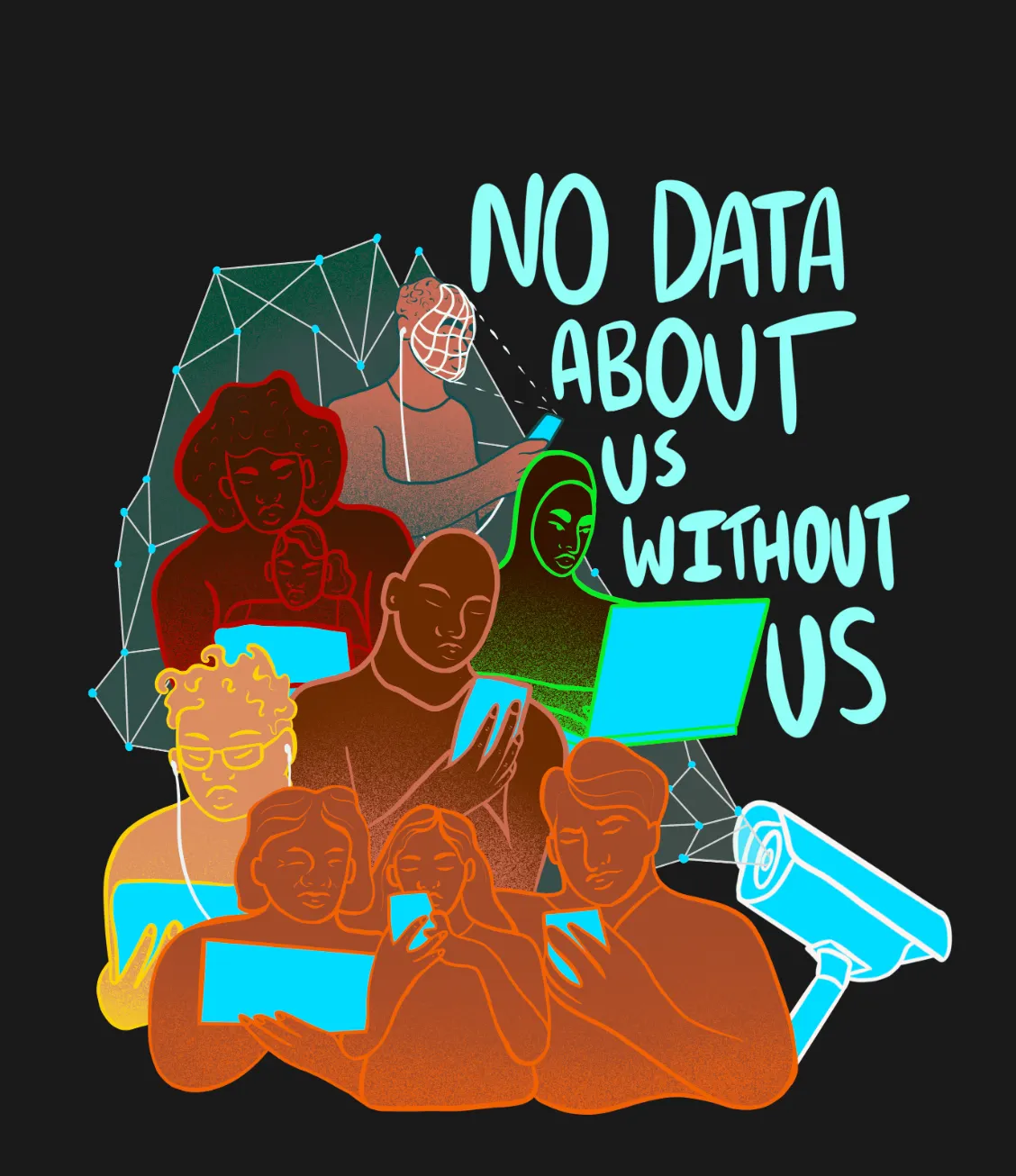Edgelands Forum in Cúcuta: Finding common solutions through meaningful conversations
Santiago UribeThe Forum Border, Security and Surveillance Technologies: Challenges and Opportunities for Cúcuta” brought together city officials, researchers, Venezuelan professors, members of the Metropolitan Police, students and representatives of civil society organizations to discuss the main security challenges affecting the city
.jpg)
Photo by Maria Camila Roldan
A central principle of the Edgelands movement is to facilitate encounters and bring people together to spark conversations about the state of their cities. These revolve around issues that concern all of us: security, policing, and the expectations we hold about those in charge of keeping cities safe as well as their inhabitants. We also aim to bring together academics, policy makers, youth and citizen groups to inform policy, ensure accountability, and build solutions by finding common ground. The key to meaningful engagement is to hold conversations with different city stakeholders, to discuss those agreements that allow people to coexist and live safely in their city.
This is why, together with Universidad Libre, Edgelands hosted a Forum titled “Border, Security and Surveillance Technologies: Challenges and Opportunities for Cúcuta”. The Forum brought together high-level city officials, researchers, Venezuelan professors, members of the Metropolitan Police, students and representatives of civil society organizations to discuss the main security challenges affecting the city. These include implications on governance and bilateral relations after the reopening of the Colombia-Venezuela border, the use of surveillance technologies by the Police and other economic, social and rural issues that directly impact the city.
About Cúcuta
Cúcuta is a city in the North East of Colombia that lies on the border with Venezuela. The City of nearly one million people shares deep historical, cultural and economic ties with the cities on the Venezuelan side, creating a region with a strong social fabric that transcends the border. However, from 2015 and up until September 2022, the border was closed by order of the national governments. This limited the pendular flow of Colombians and Venezuelans living, working and studying in both countries and disrupted families, communities and the overall social fabric of the city.
The closure resulted in the emergence of criminal bands controlling illegal crossing points, which created a situation where already vulnerable people became subject to extortion and human trafficking. In addition to the border situation, Cúcuta faces other security issues related to the presence of the main actors of the Colombian armed conflict (guerrilla, paramilitary groups, criminal bands, etc.), as well as common urban criminality. These complex situations make Cúcuta an interesting case study.
Highlights and Learnings of the Forum
The forum started with a panel between the Commander of the Cúcuta Metropolitan Police, the Undersecretary of Security and the Edgelands City Coordinator for Cúcuta. Among the topics of discussion, the panel focused on security strategies, citizen and stakeholder engagement and the importance of technology tools for surveillance and security.
Whilst the Police Commander put forward the need for more sophisticated technologies (facial recognition software, surveillance systems, etc.) and more control over border security, the Undersecretary advocated for the importance of involving interest groups and stakeholders, such as business owners and taxi drivers, to aid the police and be part of the surveillance apparatus of the city. On the other hand, Edgelands -echoing some of our research- argued that whilst technology is an essential resource, it should be used as a tool in combination with other strategies and policies. Safeguards should be in place to avoid bias, discrimination and ensure data protection.
A main point of discussion referred to the international border, illegal immigration, human trafficking and the criminal bands operating in both countries. Authorities called for more governance and law enforcement tools to deal with security issues. This was echoed by Professors Casanova and Berro, Venezuelan scholars researching the binational border region in the Centre for Border Studies. They discussed the strong historical, economic and cultural ties of the border region as a zone of integration. They urged us to think of Cúcuta and the border not as the edges of two separate countries, but as the center of a third country with great potential for industrial production and becoming a trading hub. They also discussed the importance of administrative, police and judicial binational cooperation to improve law enforcement and security in the border region.
A third panel, led by the Cúcuta Secretary of Government, focused on Rural Justice Systems. It might seem strange to discuss rural issues in the forum, but 80% of the Cúcuta Metropolitan Area is in fact rural. The department of Norte de Santander (of which Cúcuta is the capital) is the third in coca leaf production out of the country’s 32 departments. This adds additional challenges to the city: having to deal with organized criminal groups and the highly-profitable and dangerous chain of cocaine production. Rural areas in Cúcuta would benefit from more social and economic infrastructure, crop substitution programmes and a strengthened justice and law enforcement system that would better deal with the criminal structures involved in the production and trafficking of narcotics, a major source of insecurity for the city and its Metropolitan Area.
The Forum served as a platform to spark discussions, present local research, showcase the work of students and community organizations, and introduce our Edgelands Diagnostic Report findings on Cúcuta. The topic of surveillance technologies and privacy is not high on the agenda of citizens in Cúcuta. In a city with significant security challenges, people demand to feel safe and expect their police to deliver. Likewise, police and city authorities still hold a more “traditional” approach to surveillance technologies: one that will make the State more efficient, deliver results, and where the role of police is more punitive than restorative. While most citizens welcome such an approach, research shows that alternative methods of surveillance may be just as effective and less disruptive to the social fabric. Edgelands hopes to replicate these spaces to provide alternate perspectives. We wish to facilitate discussions that prompt further discussions, thus informing and empowering citizens to be able to take stock and demand accountability from their authorities. These spaces also bridge communication between academia and decision makers, so that research and evidence informs better policy.



